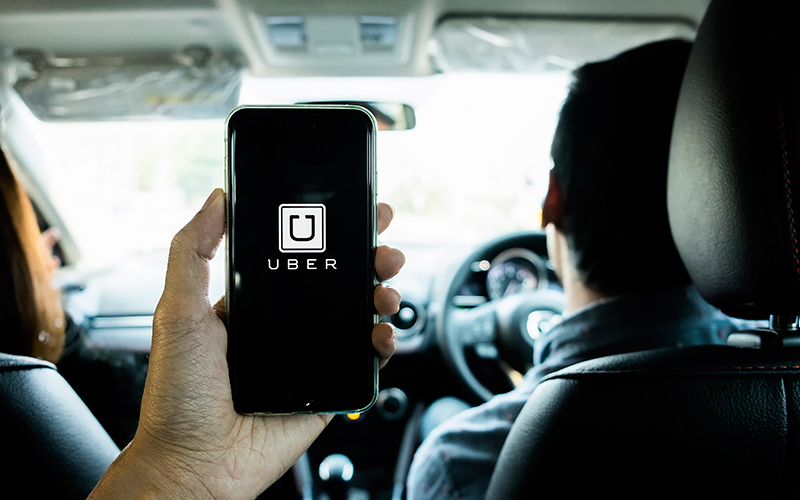Court confirms Uber drivers are workers

Uber has lost its legal appeal that its drivers are independent contractors after the Court of Appeal upheld an earlier ruling that they are workers.
The court agreed with two lower tribunals that Uber was wrong to classify its drivers as independent contractors. As a result of the ruling, drivers will be entitled to rights such as the minimum wage and holiday pay.
Jacqueline McDermott, consultant solicitor at Keystone Law, told Recruiter that the main issue was “whether the practical reality reflected the terms of the contract”.
“Uber argued that it acts only as an intermediary, providing booking and payment services, and the drivers drive the passengers as independent contractors, which is what the contractual terms stated. Whereas the drivers argued that Uber contracts with the passengers to provide driving services, which the drivers perform for it.
“The majority in the Court of Appeal held that drivers are under a positive obligation to be available for work while the app is on, and that that amounts to ‘work’ for the purpose of the Regulations, which is not consistent with being an independent contractor.
“The majority also decided that the contractual terms do not reflect the practical reality of the relationship. If they had done so then the drivers would probably have lost.”
Dave Chaplin, CEO and founder of online portal for contractors and freelancers ContractorCalculator, says he was not surprised by the ruling. “The drivers were not carrying on their own business undertaking, were providing personal service and were heavily controlled by the Uber app,” although he adds “this isn’t the case for all taxi drivers if they are engaged differently”.
Julia Kermode, CEO of The Freelancer & Contractor Services Association (FCSA), says the case highlights the need for employers to treat their workforces properly. “The wages/commission structure does seem to result in very low pay – if the Uber drivers and others like them received a fair income there would be no need for such a case to be brought,” she says.
Philip Harman, partner in the employment & pensions group at law firm DAC Beachcroft, adds: “Although a number of business models and practices have been found to be incompatible with genuine self-employment by the courts and tribunals, all cases are heavily fact-sensitive. As such, other businesses who wish to use a freelance workforce should carefully consider the terms and arrangements they put in place, while remembering that what happens in practice will be as important as the terms and conditions written into any agreement with individuals.”
The court gave Uber permission to appeal to the High Court.
• Comment below on this story. You can also tweet us to tell us your thoughts or share this story with a friend. Our editorial email is [email protected]




